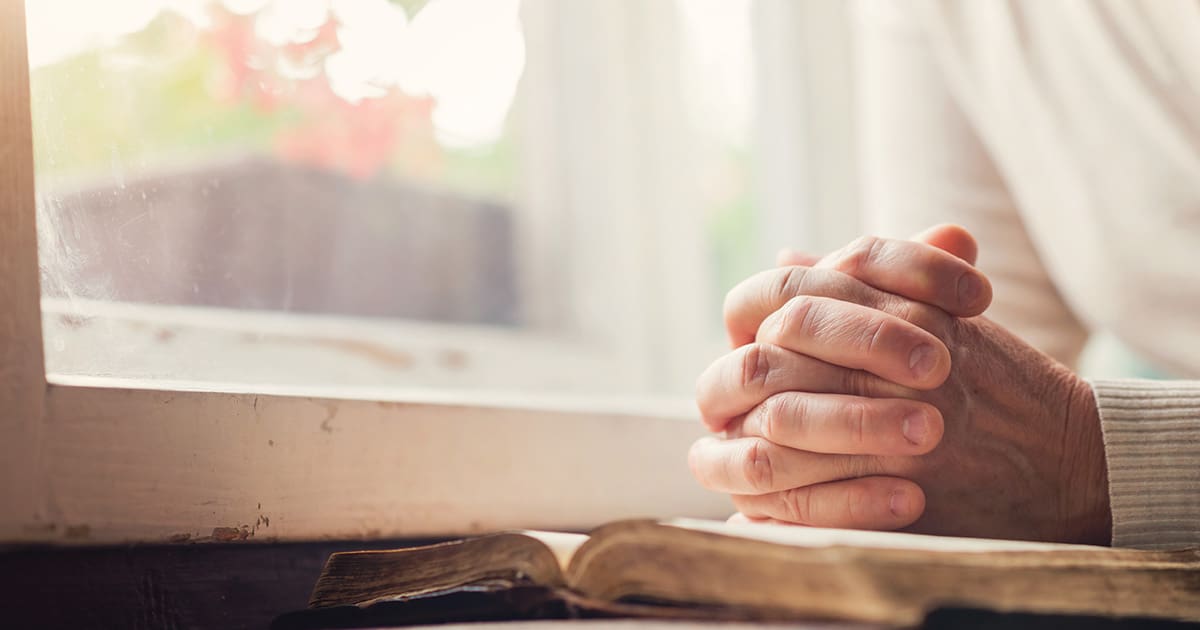I don’t think anyone who has taken a single minute to reflect on how they fit into God’s plan can do so without reflecting on their own personal ancestry, how their particular bloodline is scattered throughout the world, and how the myriad of personalities, physical traits and idiosyncrasies of those who precede them make them into the person they are today. The season of Advent always triggers such circumspection on my part, particularly as I consider how the ultimate gift of the Christmas season offers all of us the single most meaningful of life’s paragons. Jesus Christ, our Lord and Savior, was delivered to us in the flesh in the most tangible of mediums, a beautiful baby boy who, blossoming into the most benevolent of all men, ultimately gave his life and was resurrected to galvanize God’s love for each and every one of us.
In today’s readings, we are afforded the opportunity to reflect on the ancestry of Christ, both in the commentary of the Messiah stemming from the Tribe of Judah, in our first reading, and in what scholars refer to as “Matthew’s Genealogy” in the Gospel reading. Of course, the Old Testament reading offers us a prophetic validation of sorts, documenting the origins of our Messiah centuries before he was born; and Matthew offers us a generation by generation background check, confirming the prophecy of Christ as the Messiah, beginning with Abraham. Scholars argue about things like the significance of the 14 generations listed in the reading; where more in-depth studies of this particular family tree demonstrate that a generation or two may have been left out.
And while hairs can be split about such details, the Gospel makes clear that Jesus Christ was born into this world. And through each link in the chain, there is even simpler and more beautiful implication in that each name along the way, from Abraham to Jesus, represents a single a unique individual, each with her or her unique characteristics, attributes and faults. From Kings to commoners, from public servants to scoundrels (David was a murderer), the messianic line demonstrates that Jesus, the man, was made from stock that is as human and imperfect as each and every one of us. This is no sanitized version Jesus’ lineage. It shows him as one of us.
But fast-forwarding to his death and resurrection, we all know what happens. Through the ultimate purity of Jesus’ father, Jesus, the man, taught us all that God’s love does indeed live within each and every one of us and that through loving Jesus, living like Jesus and believing like Jesus (the man), all of our doubts and shortcomings can be overcome. And through the gift of the Eucharist, we can all partake of the actual body of Jesus, thereby becoming one with each and every one of us, and thereby securing each and every one of us a place in the majestic family tree of life everlasting.
Turner Simkins is the author of the book “Possibilities”–a chronicle of near tragedy, spiritual reconciliation, and redemption, presented through the perspective of a father about his son, Brennan Simkins, who was diagnosed with a rare subtype of leukemia on his 7th birthday.














